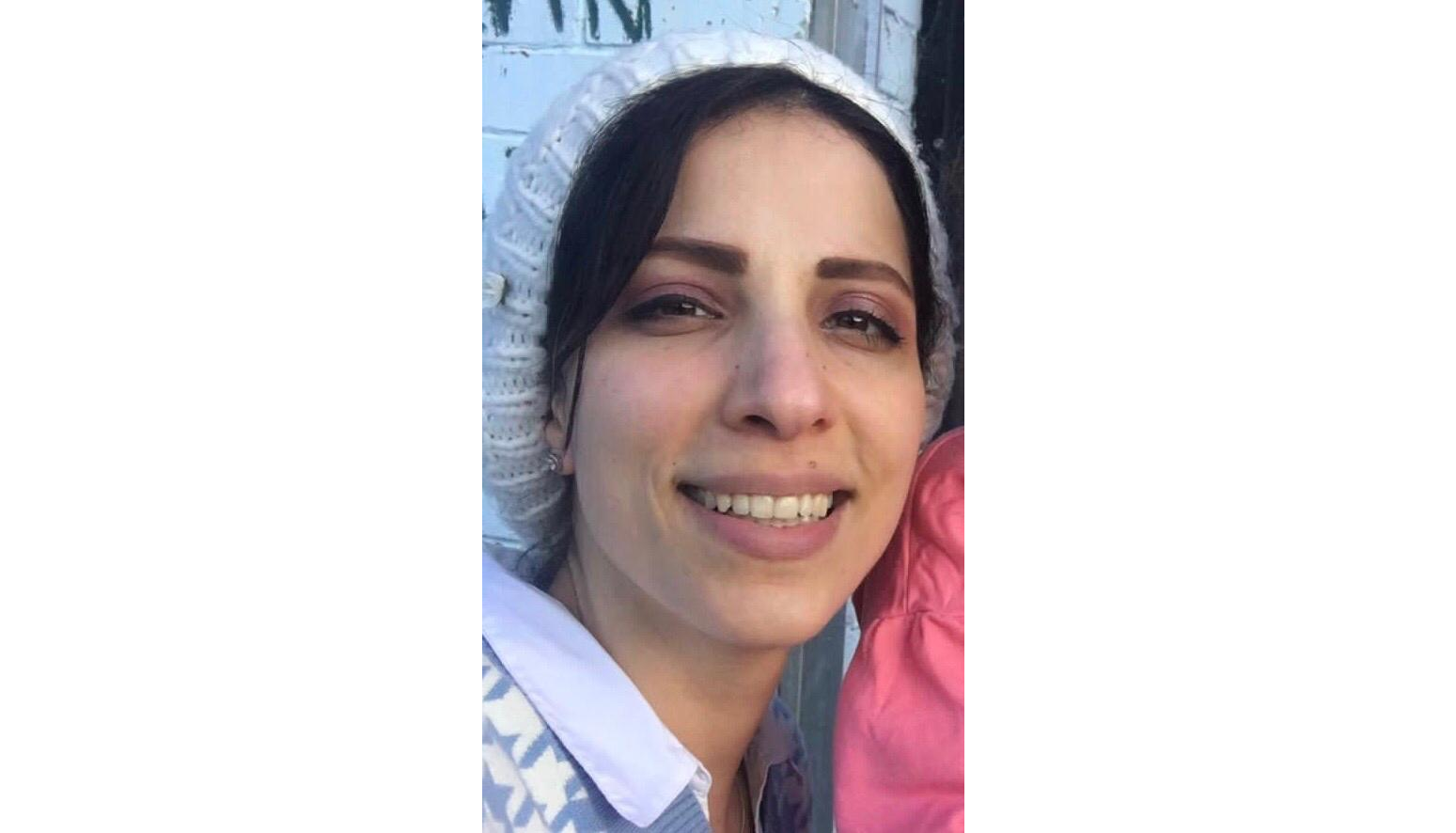Stop Killing Iraqi Protesters and Activists Inside and Outside Iraq
Yusra Abdullah; Iraqi activist, Amnesty International member, and Lift the Ban Campaigner writes about the current situation in Iraq and what we can do to help.
Iraqi protests, consisting of demonstrations, marches, civil disobedience and sit ins, started on 1 October 2019 – a date set by civil, largely peaceful activists on social media and spread over the middle and southern parts of Iraq. Protestors were voicing anger at corruption, unemployment, inefficient services and influence by armed groups and religious parties over the government. The protest then escalated into full scale calls to overthrow the Iraqi government.
Government security forces responded with excessive force. They used live ammunition, and some demonstrators were shot in the head by sniper fire. Even supposedly non-lethal measures were used with intent to kill, and multiple people, including medical responders, were targeted and struck in the head and chest with tear gas canisters. Security forces also used scalding water cannons and hot pepper gas against unarmed and largely peaceful crowds.
More than three hundred protesters and activists were killed in under two months, and state use of indiscriminate lethal force was well documented. In one example, at al-Zaitoon Bridge, Nasiriyah on 27-28 November, security forces charged demonstrators while firing automatic weapons, killing dozens; images and video footage showed the street was filled with blood. This brutal onslaught is just one among a series of deadly events where the security forces, alone or in cooperation with militia, committed atrocities and violations against civilians. By January 2020 hundreds more had been killed, with thousands injured or arbitrarily arrested.
The Iraqi scene is very complicated, with multiple agendas, parties and militia, some known for their loyalty to Iran and its famous Shia Marja’ and supreme spiritual leader, Khamenei. Alongside the security forces, a range of religious militia groups have been implicated in the armed attacks.
One of the most powerful of these groups is Shia cleric Muqtada Al-sadr’s Saraya Al -Salam (previously known as Al Mahdi Army). Some of his followers initially took part in the demonstrations, but instead of supporting people’s freedom to protest and express their opinions, Muqtada Al-Sadr surprised everyone by withdrawing his supporters from protest camps. He warned against Iraq becoming like the US city of Chicago, an apparent example of loose morals, and called for measures like gender segregation at rallies. His criticism of the ‘immorality’ of male and female demonstrators in protesting together led to acts of defiance and solidarity, with women chanting feminist slogans and men linking arms to shield them.
As tensions increased, however, Muqtada Al-Sadr influenced his followers to target unarmed civilian activists and their supporters in and outside Iraq.Heavy-handed militia have reportedly taken whole areas of the country hostage, oppressing and killing activists. In a symbolic move, they occupied the iconic Turkish restaurant - a building in Tahrir Square in central Baghdad initially taken over by protesters, who called it Mount Uhud. It is believed that some of the activists who continue to be targeted for assassination and abduction may be held there.
Intimidation, blacklists and violence continue to be used as deterrents against the popular movement in Iraq – but the movement survives.
If you want to take action, please write to your own or Iraqi officials as suggested below.
- The pattern of violations in Iraq is extremely worrying and unacceptable.
- International civil society calls on governments to intervene and pressure Iraqi officials to hold the security forces accountable under international human rights law.
- International civil society calls on the Iraqi government to put an end to abuses by non-state actors and to bring to justice members of religious militia groups, including Saraya Al-Salam and its leaders, implicated in violence against peaceful protesters and communities.
- The Iraqi authorities must disclose to families the whereabouts of protesters who have been forcibly disappeared.
- The state must have a monopoly on the legitimate use of force and its agents must act in full accordance with international human rights standards. Unofficial armed groups must be disarmed.
- All those involved in human rights violations or abuses in Iraq – whether members of the security forces or of armed groups – must be thoroughly investigated and held to account under international law, with every effort made to ensure that victims can realise their right to effective remedy.
Addresses:
Prime Minister of Iraq Mustafa al-Khadimi, Media.office@pmo.gov.iq
UK Foreign Secretary Dominic Raab, fcdo.correspondence@fcdo.gov.uk
NI Members of Parliament (search by constituency at https://members.parliament.uk/members/commons)